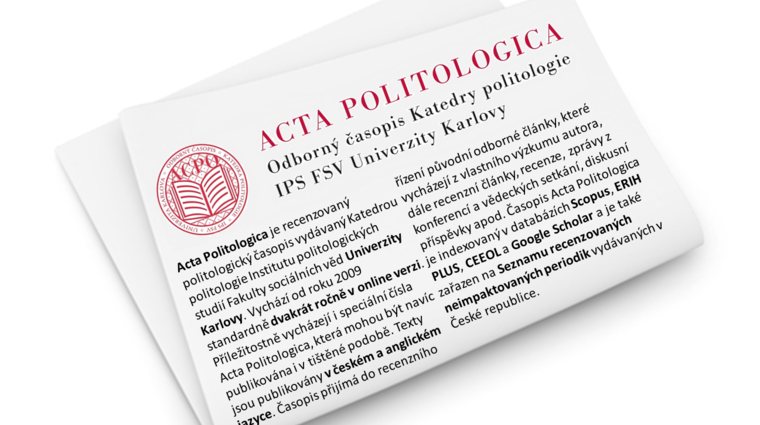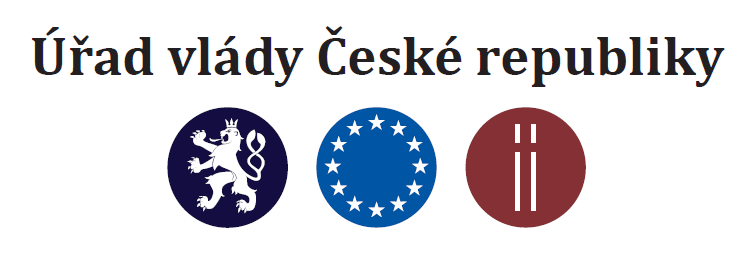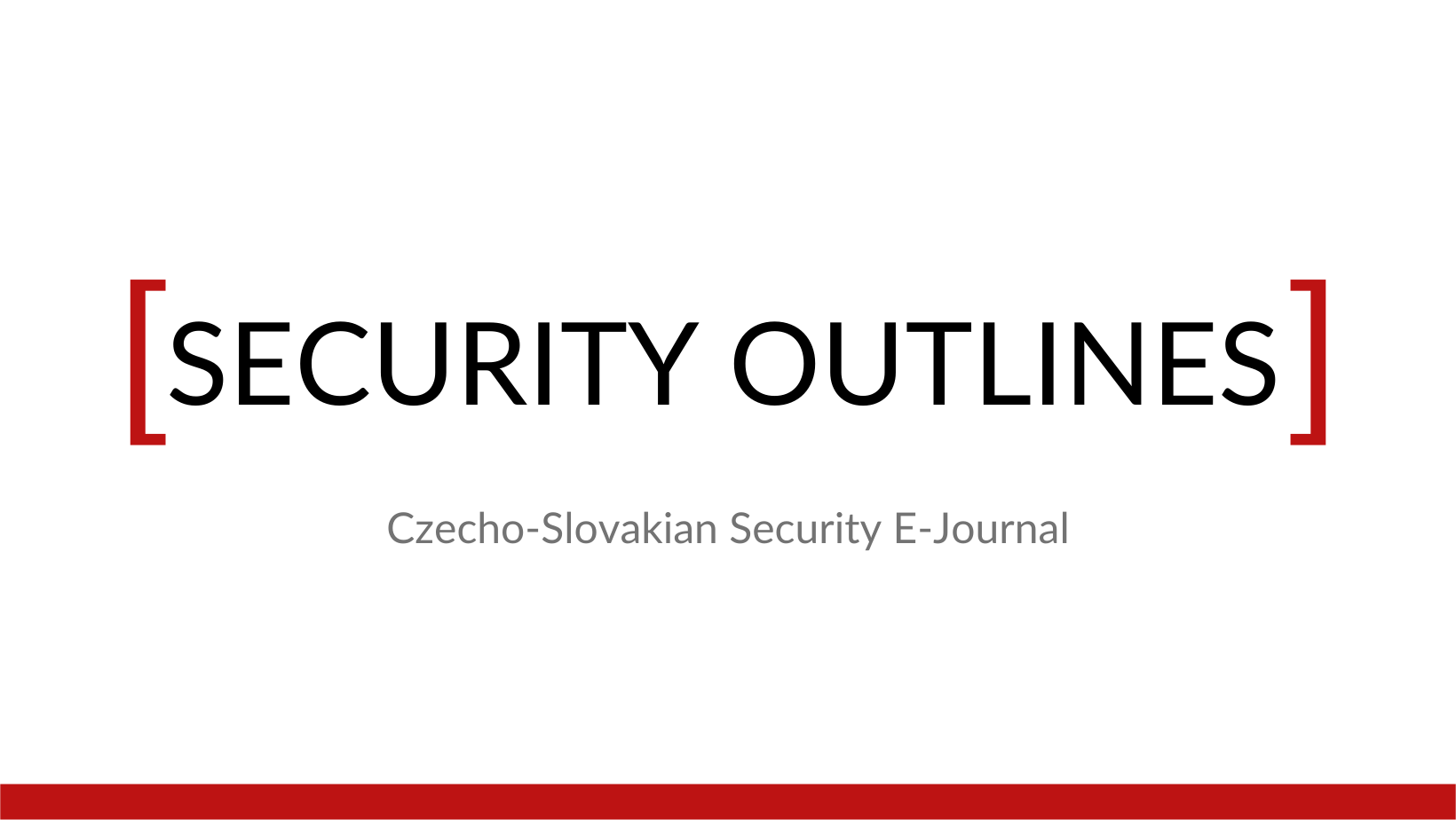AcPo Call for Papers - Political Trust, New Cleavages, and Political Polarization

AcPo Call for Papers - Political Trust, New Cleavages, and Political Polarization
Since modern (representative) democracies rely on citizens’ support, concerns about political (institutional) trust are deeply rooted in ensuring their survival. Public trust in political institutions is considered a crucial component of regime support, serving as a powerful resource for political legitimacy and a determinant of regime stability. While there exists an extensive scholarly literature on the determinants of political trust, much less is known about its (political) consequences. Some authors assume that low and declining levels of political trust threaten the legitimacy, stability, and survival of representative democracy (the “democracy-in-crisis” argument). A more optimistic view argues that the emergence of “critical citizens” may strengthen the accountability of political institutions and actors, thereby enhancing democratic governance itself.
With the ambition to bring new empirical evidence to deepen reliable knowledge about the possible social and political consequences of lower levels of political trust, the international journal Acta Politologica (ACPO) invites authors to submit abstracts of manuscript proposals that examine the political consequences of (changing) political trust from a variety of research perspectives. Abstract proposals may cover topics such as the relationship between political trust and political participation, political trust and the emergence of new political cleavages, political trust and political (or electoral) polarization, or political trust and the rise of populism.
For this Special Issue, Jakub Charvát (Metropolitan University Prague) will serve as Guest Editor at ACPO. ACPO accepts case studies as well as comparative studies or more theory-focused texts. If you are interested in publishing in the Special Issue, please submit the abstract of your intended article to the editors ( acpo@fsv.cuni.cz) in the range of 250 to 500 words no later than September 15, 2024. The editors accept texts in English. If your abstract is accepted, you will be invited to submit your manuscript no later than November 30, 2024. All submitted manuscripts will then go through a standard double-blind peer review process. Manuscripts accepted for publication will be proofread by an experienced native speaker, a service provided free of charge for the authors. The Special Issue is expected to be published in April 2025.









